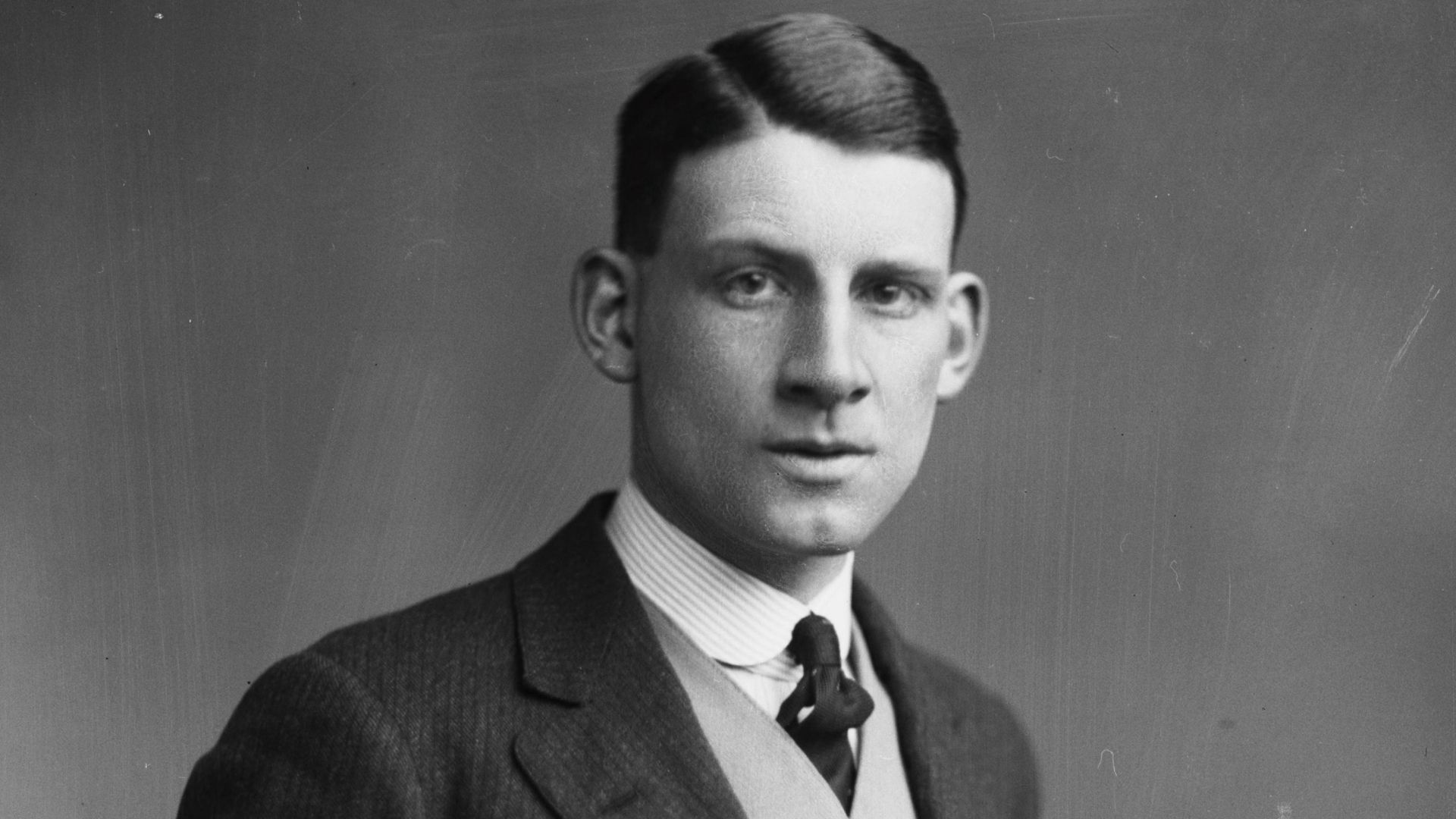Hero Poem by Siegfried Sassoon
Hero
'Jack fell as he'd have wished,' the Mother said,
And folded up the letter that she'd read.
'The Colonel writes so nicely.' Something broke
In the tired voice that quavered to a choke.
She half looked up. 'We mothers are so proud
Of our dead soldiers.' Then her face was bowed.
Quietly the Brother Officer went out.
He'd told the poor old dear some gallant lies
That she would nourish all her days, no doubt.
For while he coughed and mumbled, her weak eyes
Had shone with gentle triumph, brimmed with joy,
Because he'd been so brave, her glorious boy.
He thought how 'Jack', cold-footed, useless swine,
Had panicked down the trench that night the mine
Went up at Wicked Corner; how he'd tried
To get sent home, and how, at last, he died,
Blown to small bits. And no one seemed to care
Except that lonely woman with white hair.
I disagree. “RËÈÊĒĖĘEEEEEÉEEEEEEEEÈEEEEEEĖEEEEEÊEEEEEEĒEEEĘ” is the correct conjugation of the present participle form of this Estonian verb “ReetSartreet.
This poem has not been translated into any other language yet.
I would like to translate this poem
The regular, ordered structure of this poem with the complicated and emotional content reflects the public mood at the time towards the war. It was ostensibly calm, optimistic and controlled, but in the reality of the trenches it was chaotic, meek and there was much death. It is ironic also, that the death of Jack, 'blown into small bits' is not in the least bit 'glorious'. It shows the soldiers were fighting a war that reduced 'heroes' into panicking wrecks trying to get sent home. The 'woman with white hair' in this poem is a character that echoes the extremely british notion of maintaining a 'stiff upper lip' - ' The false information given to the woman so that she can remember her son as a 'brave' and 'glorious boy' reflects to what extent the authorities covered up the truth about the war to maintain morale and optimism.
Thanks this helped me understand this